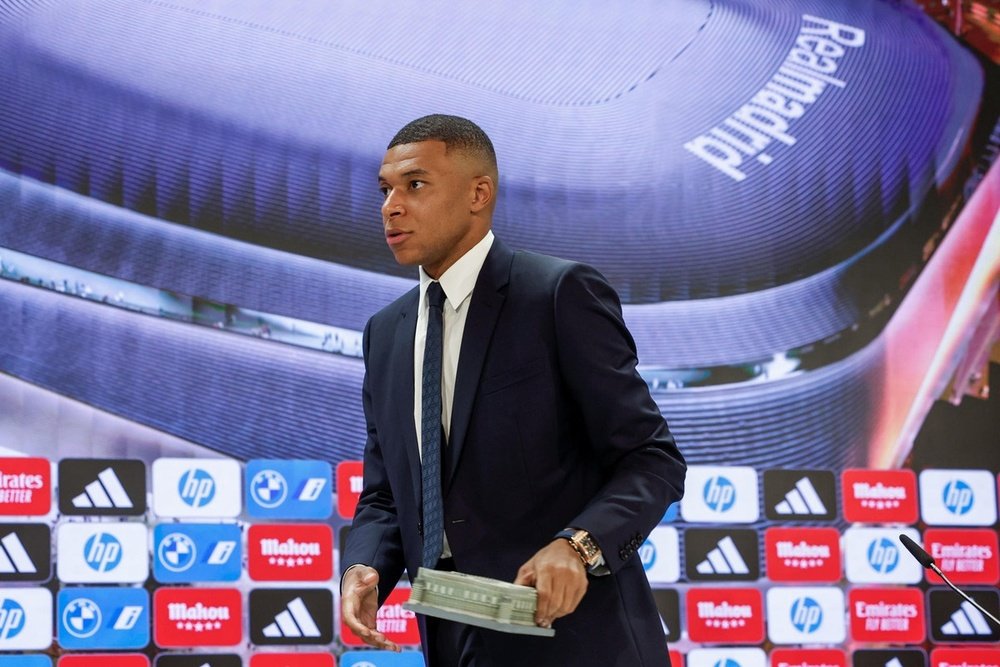PARIS — French soccer superstar Kylian Mbappé has escalated his financial dispute with former club Paris Saint-Germain (PSG), demanding 55 million euros ($59 million) in allegedly unpaid bonuses and wages, according to a report by French newspaper Le Monde.
The 25-year-old striker, who recently transferred to Real Madrid, has taken his case to multiple authorities, including the legal committee of the French Professional Football League (LFP) and UEFA, Europe’s governing body for soccer.

Le Monde reports that the sum Mbappé is seeking includes a signing bonus promised when he joined PSG in 2017, his final three months’ wages, and an additional “ethical bonus.” The 2018 World Cup champion reportedly referred the matter to the LFP’s legal committee in early August, followed by an appeal to UEFA through the French Football Federation in mid-August.
PSG, owned by Qatar Sports Investments, maintains that the claimed amount was not paid because both parties had reached a mutual agreement. The club contends that Mbappé had consented to forgo the money if he left on a free transfer.
This financial dispute is the latest chapter in a contentious relationship between Mbappé and PSG’s management that has spanned nearly a year. Sources close to the situation say Mbappé informed PSG last year that he would not activate a contract option extending his stay until 2025, setting the stage for his eventual departure.
Mbappé’s representatives are now awaiting decisions from the bodies to which they have appealed. The striker’s move to bring the matter before UEFA could have significant implications, potentially involving Financial Fair Play regulations that govern club spending in European soccer.

The financial disagreement adds another layer of complexity to Mbappé’s high-profile transfer saga. After leaving PSG in May, he joined Spanish giants Real Madrid, where he made an immediate impact by scoring on his debut on August 14.
This dispute highlights the intricate financial arrangements often involved in top-tier soccer transfers and contract negotiations. It also underscores the potential for conflict when star players, who command substantial salaries and bonuses, change clubs.
As the soccer world awaits the outcome of this financial tussle, the case could set precedents for how similar disputes are handled in the future. It also raises questions about the enforcement of verbal agreements and the clarity of contract terms in professional soccer.
PSG, for its part, faces the challenge of defending its financial practices while maintaining its reputation as one of Europe’s top clubs. The outcome of this dispute could have implications for the club’s ability to attract and retain top talent in the future.



